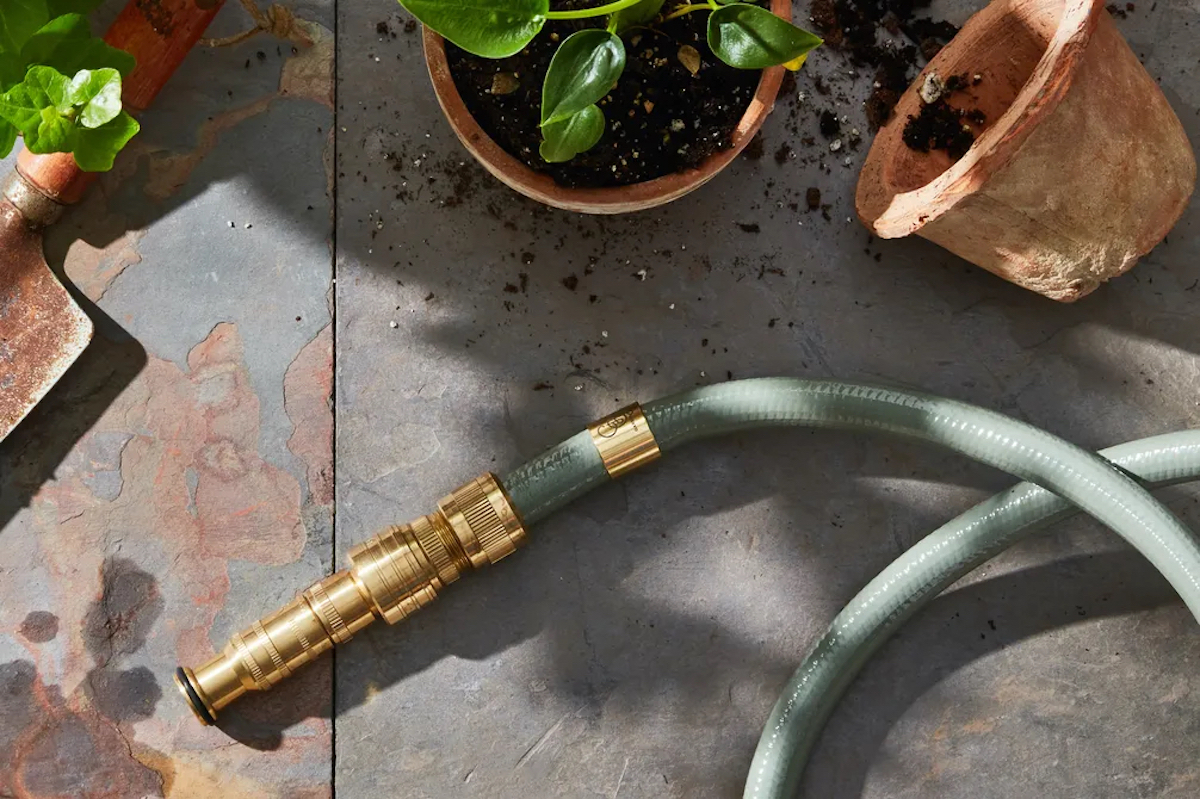When shopping for fruits and vegetables, the green-and-white USDA Organic label tells you that the produce was grown without pesticides, synthetic fertilizers, or biotechnology — at least that is what it’s supposed to because organic farming has had its fair share of scams and scandals. As a committed locavore, I prefer produce from a local farm that I trust practices organic growing methods rather than supermarket produce — even if it has the USDA organic label. Often, small commercial growers simply cannot afford the lengthy process of getting organically certified.
For home gardeners, there are pollinator and wildlife certification programs such as Certified Wildlife Habitat that let you put a sign in your yard for the world to see, but there’s no equivalent certification for organic home gardens. So how do you know the veggies you are growing would pass the organic litmus test? Here’s a checklist to see if you can call yourself an organic gardener.
Soil: Always start clean
If you’re starting a garden in a spot that used to be a manicured lawn — or if you move into a home in a new development that used to be conventionally farmed fields — chances are, the soil is loaded with chemicals from years of fertilizer and pesticide applications. If you don’t want to wait and leave it fallow for three years as commercial farmers do, remove at least eight inches of the topmost soil layer and replace it with clean soil. This can be a huge undertaking and not feasible in one year, so start with a small section and increase its size over time.
If you add manure to your garden soil to enrich it, which is okay to use from an organic or a conventional farm (with the exception of chicken manure, which might contain antibiotics unless it’s organic), only use manure that is well-aged because it doesn’t contain any bacteria that can contaminate your vegetables.
Don’t worry about using tap water
Does watering your garden with municipal tap water qualify as organic? Unlike well water or rainwater, municipal water is often chlorinated to kill bacteria and make it safe for human consumption. Fortunately, the chlorination is too dilute to kill the microorganisms in the soil. The amount of allowable chlorine in drinking water is 4 parts per million, which is far below the 65 parts per million at which chlorine impacts microorganisms. Additionally, microorganisms in your soil or compost multiply so fast that even if they were killed by chlorinated water, they would regenerate quickly.
The organic seal of approval for pest and disease control: OMRI
For commercial fertilizers, use one that has the seal of the Organic Materials Review Institute (OMRI), which indicates it meets the standards of the USDA National Organic Program for certified organic farming. For your own compost, can you mix organic and non-organic grown food waste? The answer is yes. Most pesticides and herbicides are broken down by heat and microbes during the compositing process and the pesticide residue in the final compost is negligible. You can also use grass clippings from your lawn, but bear in mind that if you have used herbicides (even though most products available to homeowners break down in a few days), some don’t break down, so read the label carefully to determine whether the clippings are suitable for composting.
ID the enemy before you spray
Just as for fertilizer, use only products that have the seal of the OMRI. Before you spray, it’s important that you correctly identify the bug or disease you are up against in order to treat it with the right product — i.e. don’t crack a nut with a sledgehammer. Not every insect that appears in your garden and chews on leaves is evil and needs to be sprayed. To help you identify insects, download a bug identifier such as Picture Insect. Similarly, not every brown leaf on your tomato plants is a deadly disease. There are plenty of beneficial insects as well as minor plant diseases that should be left alone.
Organic seeds are optional; organic seedlings aren’t
Should you be buying only the more expensive certified organic seeds? Not necessarily. Organic vegetable varieties are adapted to be grown with only organic methods. For example, some organic lettuce seeds have an inherent tolerance to downy mildew and resistance to lettuce aphids. But not all vegetable varieties are available as organic. If you get your seeds from a reliable company that has signed the Safe Seed Pledge, which means it does not sell genetically engineered (GMO) seeds, and if you strictly follow organic methods for everything else, you can consider your garden to be organic.
To decide whether to buy organic or non-organic, vegetable seedlings are an entirely different matter than seeds. For non-organic seedlings, you can assume that the growing medium (potting soil) is not organic, and that the nursery has already treated the young plants with non-organic pesticides and fertilizer. As an organic gardener, you should avoid non-organic seedlings.


